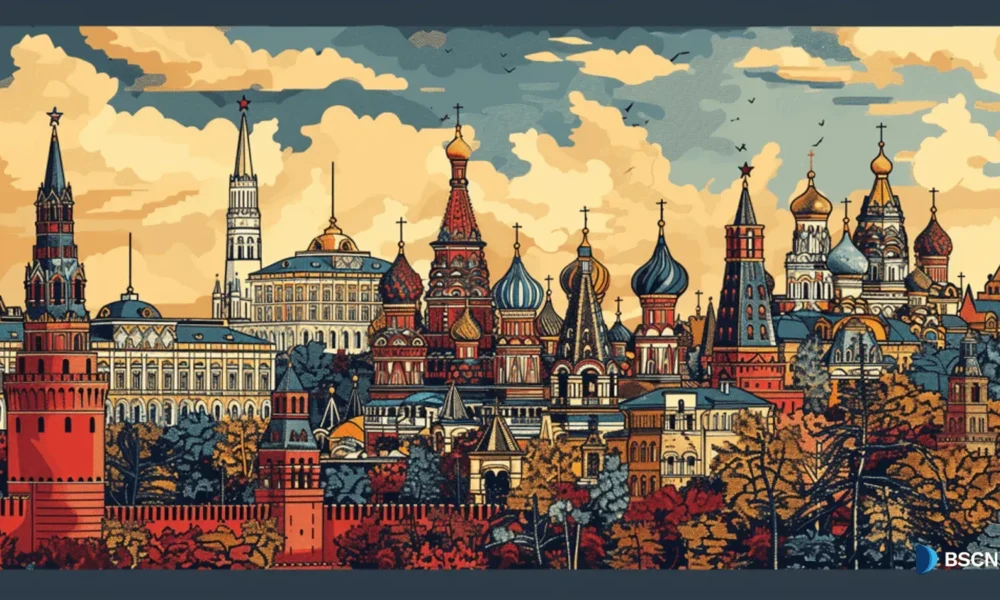Regulation
Russia tightens regulations on cryptocurrencies, mining as US sanctions hit economy

Russia’s central bank plans to launch international cryptocurrency payments by the end of the year to overcome transaction delays caused by Western restrictions.
Russia is reportedly taking major steps to regulate cryptocurrencies and cryptocurrency mining. The State Duma, the lower house of Russia’s parliament, is set to consider crucial legislation this week, according to a report. Bloomberg Report July 30.
The move comes as Russian companies face increasing pressure from U.S. sanctions, which are hampering international transactions.
Legislation on the horizon
The State Duma will hold the second and third readings of a bill on cryptocurrencies and separate legislation on cryptocurrency mining.
Anatoly Aksakov, chairman of the Duma’s financial markets committee, said the laws should be quickly approved by the Federation Council and signed into law by President Vladimir Putin.
Aksakov explained that the new legislation would regulate cryptocurrencies in the same way as foreign currencies in Russia. This regulation should bring clarity and stability to the use of digital assets in the country’s financial system.
The new regulations are expected to come into effect on September 1.
Fighting Sanctions with Cryptography
Russian Central Bank Governor Elvira Nabiullina announcement that the country plans to make its first international payments in cryptocurrencies by the end of this year.
The strategy is aimed at circumventing obstacles created by Western sanctions, which have delayed payments with major trading partners. The new law will allow Russian companies to use cryptocurrencies for international transactions, easing the burden on the economy.
The central bank stressed that delays in international payments have become a major challenge.
Western regulators have put pressure on local banks, making them more cautious in their dealings with their Russian counterparts. This has complicated payments for a wide range of goods. The new legislation aims to alleviate these problems by allowing the use of cryptocurrencies in cross-border transactions.
Regulatory flexibility
Nabiullina stressed the central bank’s willingness to show flexibility in implementing the new regulations. This includes discussing conditions with ministries, agencies and businesses to ensure the smooth execution of the first cryptocurrency payments by the end of the year.
Cryptocurrencies are currently not allowed for payments in Russia. However, the new law aims to change that. As recently as January 2022, the central bank proposed a general ban on cryptocurrencies, citing risks to financial stability and economic security.
However, the bank softened its stance late last year, supporting the experimental use of cryptocurrency and mining in cross-border settlements.
Stablecoins in use
Faced with difficulties in carrying out financial transactions with their Chinese counterparts, Russian commodity companies have turned to stablecoins, such as Tether. These cryptocurrencies facilitate cross-border transactions with Chinese customers and suppliers, offering an alternative amid tightening compliance measures.
In addition to regulating cryptocurrencies, Russia is pushing ahead with its central bank digital currency (CBDC) project. Last July, President Putin signed a bill introducing a digital version of the country’s national currency.
